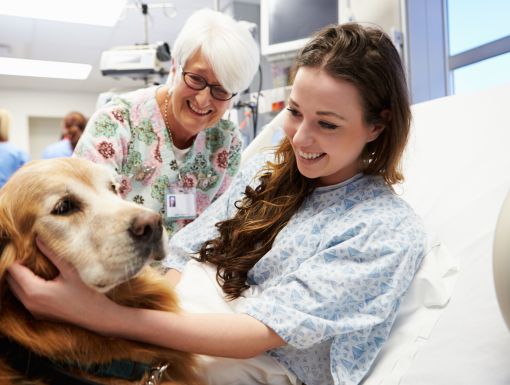
Who Should Donate Blood?
People come in all different shapes, sizes and blood types. The vast majority of blood types fall into one of the major ABO groups. However, for a small percentage of the population, finding someone else with the same blood type can be as difficult as looking for a needle in a haystack.
Red blood cells carry markers called antigens on their surface that determine one’s blood type. There are more than 600 known antigens besides A and B. Certain blood types are unique to specific racial and ethnic groups. Therefore it is essential that the donor diversity match the patient diversity.
Rare blood types like U-negative and Duffy-negative are unique to the African-American community. This means that sickle cell patients with these blood types must rely on donors with matching blood types in the African-American community.
When blood is phenotypically matched (i.e., close blood type match), patients are at a lower risk of developing complications from transfusion therapy. For this reason, it is extremely important to increase the number of available blood donors from all ethnic groups.
Some rare blood types by ethnic group, according to the American Red Cross:
- African-American U-, Fy(a-b-)
- Native American, Alaskan Native RzRz
- Pacific Island, Asian Jk (a-b-)
- Hispanic Di(b-)
- East European/Russian Jews Dr(a-)
- Caucasian Kp(b-), Vel-
Importance of Type O
Different ethnic and racial groups also have different frequency of the main blood types in their populations. For example, about 45% of Caucasians are type O, but 51% of African-Americans and 57% of Hispanics are type O.
Type O is routinely in short supply and in high demand by hospitals – both because it is the most common blood type and because type O negative blood, in particular, is the universal type needed for emergency transfusions.
Diverse populations, therefore, play a critical role in meeting the constant need for blood.
Who can donate blood?
All healthy adults are encouraged to donate blood. Volunteers may donate blood every eight weeks, or every 56 days.
However, the Ochsner Blood Bank asks that you postpone your donation for 28 days if you’ve been diagnosed with or have had contact with anyone with a suspected or confirmed case of COVID-19.
Blood donors must:
- Be at least 17 years old and weigh at least 110 pounds.
- Be over cold or flu symptoms for 72 hours.
- Have had no dental work (including cleaning) in the past 72 hours.
- Have not donated whole blood in the past eight weeks.
- Have had no transfusions in the past three months.
- Have not lived with a person who has had hepatitis in the past 12 months.
- Have had no tattoos or piercing in the past month from a facility that is regulated by the state of Louisiana; or in the past three months from a facility that is not regulated by the state of Louisiana.
Anyone who is healthy is encouraged to donate. Your donation plays a role in saving the lives of our patients and those in our community.
Have You Saved A Life Recently? All healthy adults are encouraged to become blood donors. Learn more.
Editor's note: this blog was originally published on June 22, 2018, and has since been updated.



